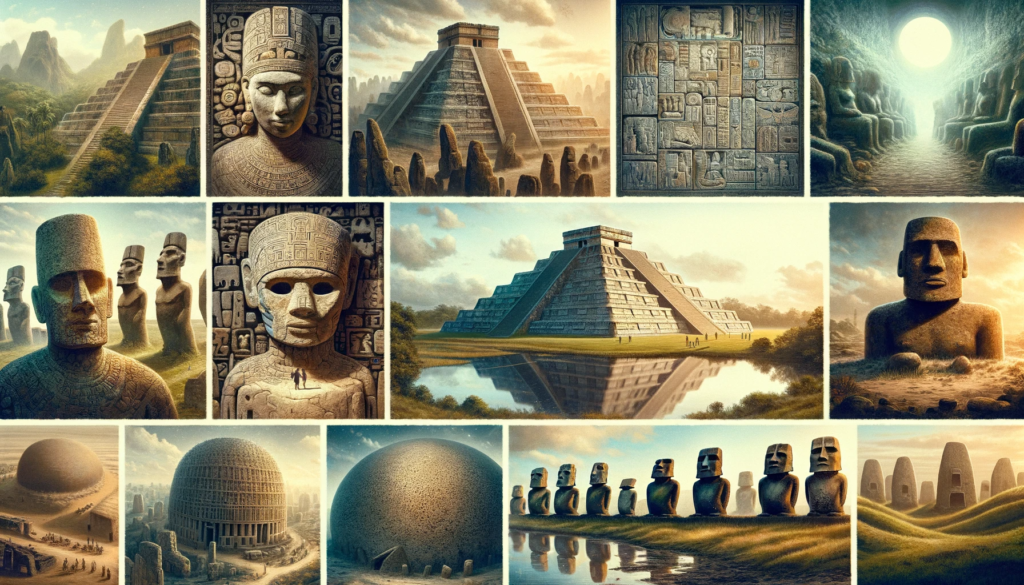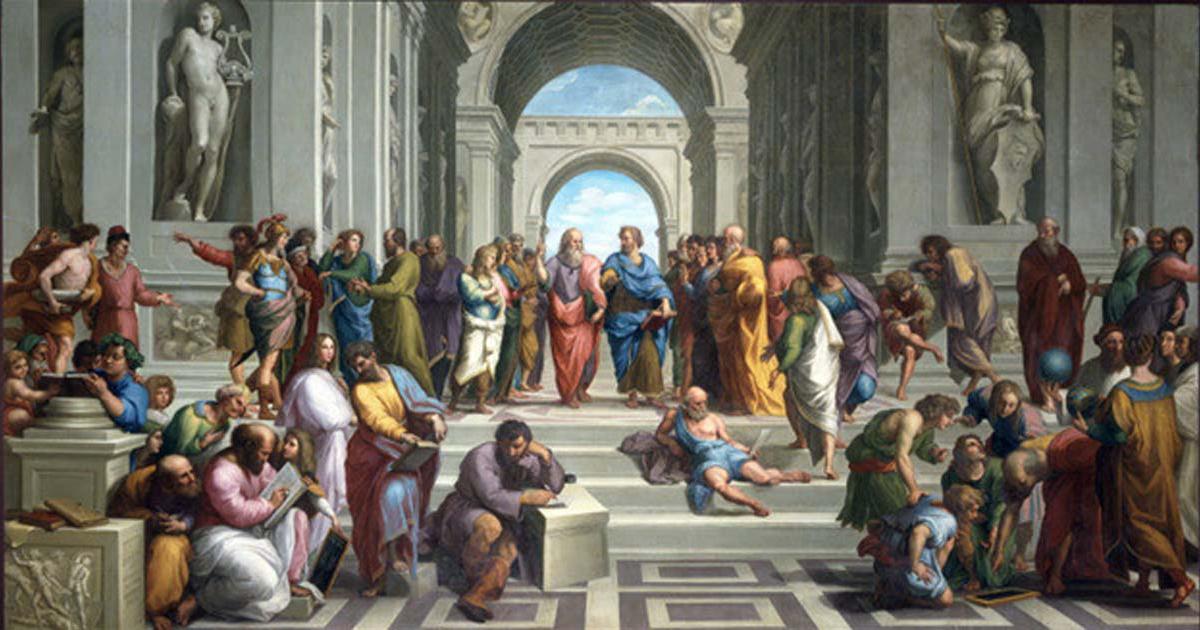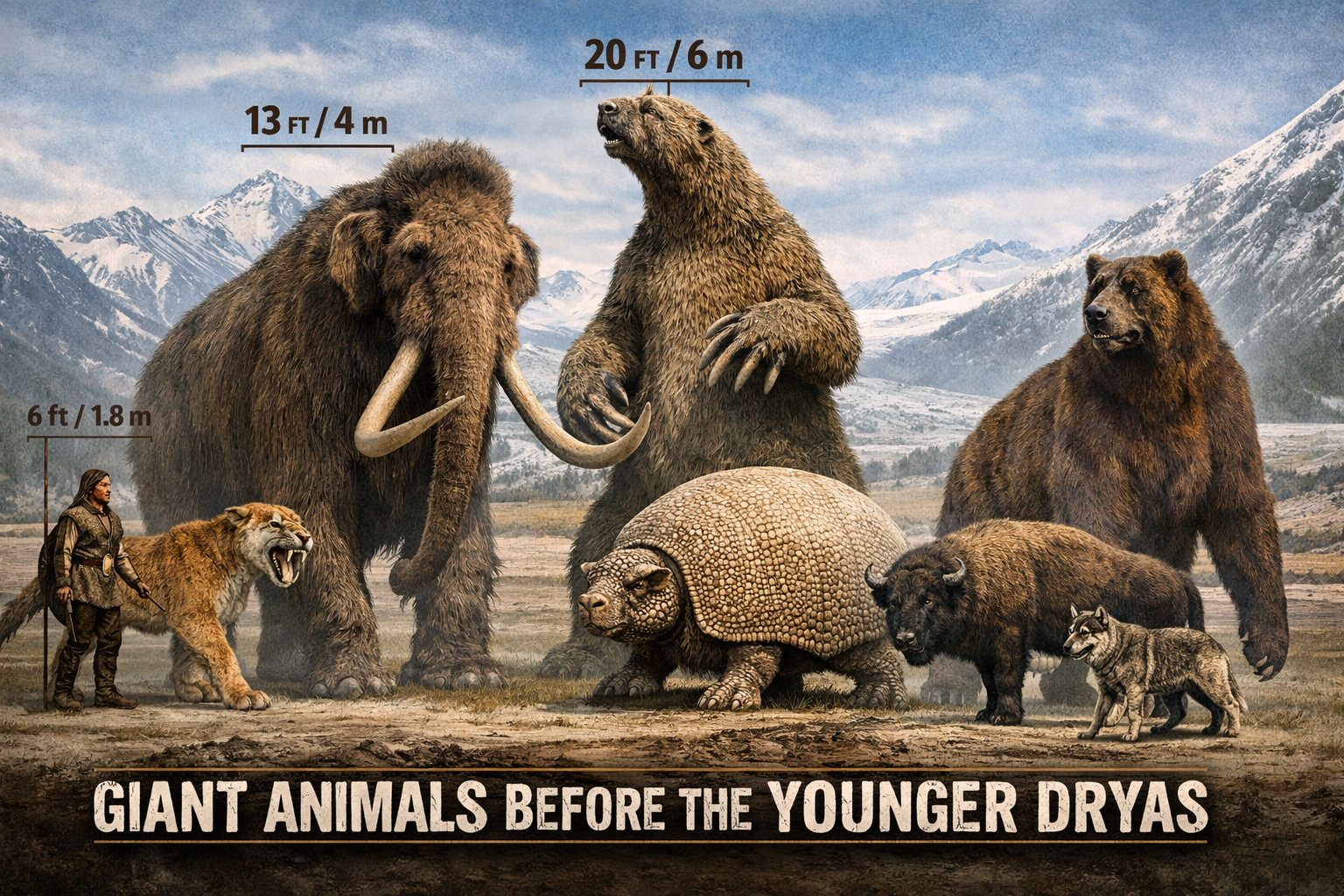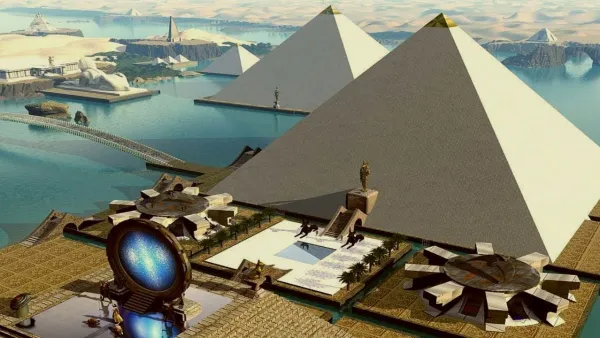Lost Knowledge of the Ancients
Human history, as we know it, is a mosaic of rediscovery. Each generation believes it stands at the pinnacle of progress—yet the ruins scattered across the world whisper a humbling truth: we may have forgotten far more than we remember. The notion of lost ancient knowledge—scientific, astronomical, and spiritual wisdom erased by time—has fascinated scholars and seekers alike.
Could it be that our ancestors once held advanced understanding of the cosmos, geometry, and natural forces—knowledge that was fragmented or deliberately lost after cycles of cataclysm and rebirth?
Fragments of Forgotten Wisdom
From the perfectly carved megaliths of Sacsayhuamán in Peru to the astonishing precision of the Great Pyramid of Giza, the craftsmanship and engineering of the ancients seem to transcend what we typically attribute to “primitive” cultures. Modern researchers still struggle to explain how such feats were achieved without modern machinery.
Were these structures simply the product of brilliant ancient ingenuity—or echoes of an even older, forgotten tradition of science and engineering?
Ancient Knowledge Encoded in Stone
Many ancient monuments appear to encode astronomical alignments and geometric harmonies. Sites like Stonehenge, Chichén Itzá, and Nabta Playa in Egypt show deliberate orientations toward solstices, equinoxes, and star patterns.
Even more intriguingly, the layout of Giza’s pyramids mirrors the Orion’s Belt constellation, as proposed by Robert Bauval, while Göbekli Tepe—over 11,000 years old—contains carvings that may record celestial events predating organized civilization.
Such alignments suggest a deep, perhaps universal knowledge of archeoastronomy. But where did this knowledge come from? Did ancient people independently develop it—or inherit fragments of wisdom from an earlier culture that vanished?
When the Libraries Burned
Throughout history, moments of enlightenment have been followed by devastating loss.
The burning of the Library of Alexandria, the destruction of Nalanda University in India, and the countless temple sackings across Mesopotamia, Mesoamerica, and Egypt collectively erased vast troves of scientific and historical record.
Each fire did not just consume scrolls—it consumed memory.
Imagine what was lost: early charts of the stars, medical treatises, navigational knowledge, and perhaps entire philosophies of natural energy and balance. These losses created “dark ages” not because knowledge never existed—but because it was deliberately or accidentally destroyed.
The Transmission of Hidden Knowledge
Despite these losses, echoes of ancient wisdom survived in myth and symbol. Esoteric traditions—from Hermeticism to Vedic philosophy—speak of universal laws and cosmic order. Sacred geometry, embedded in temples from Angkor Wat to the Parthenon, may reflect a mathematical language once widely understood.
Across civilizations, recurring numbers—such as 3, 6, 9, and 432—appear in architectural dimensions, musical ratios, and cosmological cycles. Nikola Tesla famously said, “If you only knew the magnificence of the 3, 6, and 9, then you would have the key to the universe.”
Was Tesla intuitively rediscovering ancient principles lost to time?
Evidence of Advanced Ancient Knowledge
Archaeology and genetics continue to reveal that our ancestors were more sophisticated than once believed. Recent discoveries at Göbekli Tepe, built before agriculture and metallurgy, suggest coordinated effort, astronomical planning, and spiritual vision long before the rise of classical civilizations.
In South America, legends of Viracocha, the bearded “teacher god,” and in Mesopotamia, the Oannes, both describe advanced beings who emerged after floods to “re-teach” humanity agriculture, architecture, and astronomy.
Were these merely myths—or faint recollections of surviving knowledge bearers after ancient cataclysms?

Key Concepts and Theories
-
Knowledge as a cycle – Humanity may rediscover, lose, and rediscover its scientific and spiritual insights across ages.
-
Encoded wisdom – Ancient sites act as open-air libraries preserving geometry, astronomy, and vibration principles.
-
Loss through cataclysm – Cosmic or terrestrial events may have wiped out entire eras of recorded science.
-
Misinterpretation of myth – Stories of gods or demigods could preserve symbolic or literal accounts of ancient teachers.
-
Continuity of knowledge – From Egyptian mystery schools to Greek philosophy, knowledge may have traveled covertly through time.
Could We Be Remembering, Not Inventing?
What if much of what we call “modern innovation” is actually a rediscovery of something our ancestors once knew?
Mathematical constants, geometric harmonics, even the principles of electromagnetism have ancient analogs encoded in art and architecture. The pyramids’ proportions mirror π and φ; Vedic texts describe atomic theory; Mayan calendars chart cosmic cycles still studied by astrophysicists.
This perspective doesn’t diminish modern science—it contextualizes it as part of a longer, cyclical human journey. We might not be inventing new knowledge, but remembering fragments of an ancient legacy.
The Humility of the Unknown
As we uncover new data—genetic, archeological, and astronomical—our timeline of human advancement grows ever older. Each discovery humbles us, reminding us that we stand on the shoulders of forgotten giants.
Perhaps humanity’s story is not linear but rhythmic, punctuated by catastrophe and renewal. If so, then the question isn’t whether lost ancient knowledge existed—it’s how much of it we’re ready to rediscover.
Additional reading






